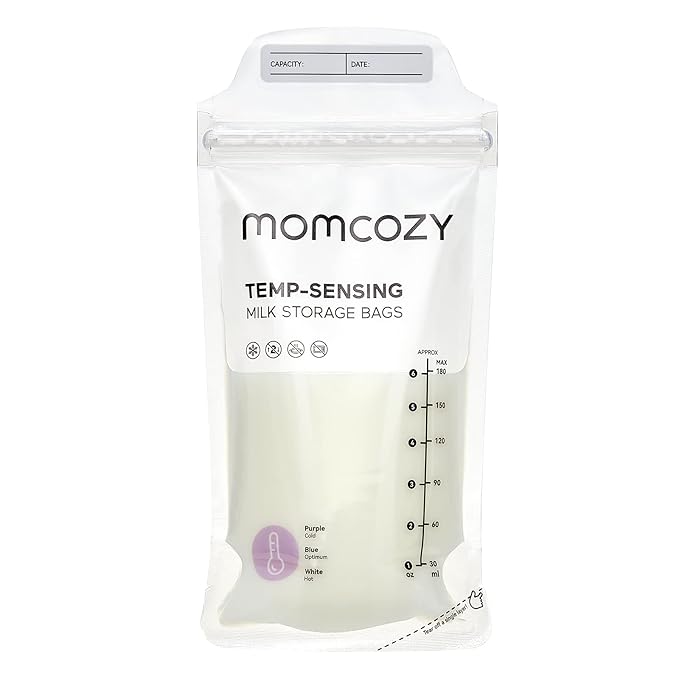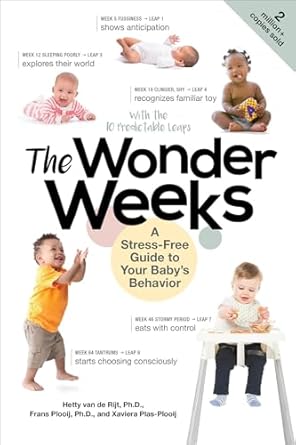Physical Address
304 North Cardinal St.
Dorchester Center, MA 02124
Physical Address
304 North Cardinal St.
Dorchester Center, MA 02124

Welcome to my journey into motherhood! As a mom of a beautiful four-month-old baby girl, Sage, I want to share the real, unfiltered truths I’ve learned since becoming a parent. Whether you’re pregnant, a new mom, or just curious, here are 15 things I wish someone had told me before I had my baby — especially relevant for South African moms navigating this life-changing adventure.
I kept hearing, “Don’t bother buying newborn clothes — babies outgrow them too fast.” So, I planned to buy only zero-to-three-month sizes for my baby, thinking she’d be a big newborn like the rest of my family. But guess what? Sage wore some newborn clothes for nearly two months!
Key takeaway:

Tracking naps wasn’t something I considered early on. But around 3-4 weeks, Sage began showing patterns, and monitoring her sleep helped us avoid that overtired fussiness every parent dreads.
Tips for new moms:

For breastfeeding moms, breast milk is magical — I’ve used it to soothe everything from baby acne to minor scratches and even goopy eyes. It’s nature’s remedy for many newborn skin issues, and it’s totally worth celebrating.

When Sage was first born, I worried every time she cried. Social media made it seem like every other baby was calm and peaceful all the time, which made me feel like I was failing.
But here’s the truth: babies cry because it’s their way of communicating. Sometimes they’re hungry, tired, or uncomfortable. Other times? They just want to be held or are fussing with no obvious reason.
Remember:

Especially in those early months, days can seem to fly by, while nights drag on endlessly. For a morning person like me, waking tired and squeezing naps around baby care made the daytime feel short and hectic.
How to cope:

Not every parent feels an instant deep connection with their baby — and that’s okay. My partner initially felt unsure about bonding, which was hard for me, but now they’re inseparable.
Important:

Whether it’s sleepless nights or baby milestones, everything changes. One week might be smooth sailing, the next chaotic — and that’s perfectly normal.
Tip: Don’t get stuck wishing things were a certain way; embrace the ebb and flow.

Many moms, myself included, notice a stronger body odor postpartum. It’s a hormonal shift that not everyone talks about but is very common.
How to manage:

Pregnancy eating isn’t always enjoyable. I struggled with feeling full quickly and avoiding bloating foods. Postpartum, especially while breastfeeding, my appetite skyrocketed.
Advice:

After birth, your body is healing in ways you might not expect. For example, the placenta leaves an open wound inside your uterus that takes weeks to heal. Your abdominal muscles and ribs also feel sore and stretched out.
What helped me:

Even after birth, your body continues adjusting. I experienced itchy skin on my neck and chest — a weird symptom related to hormonal and immune system shifts.
Heads up:

Becoming a parent is a profound life shift. You may mourn your old life or sense of self as your focus changes dramatically.
How to cope:

Caring for a baby is intense and time-consuming. Expect your productivity in other areas to drop significantly.
Reality check:

After birth, your pelvic floor muscles are weakened and need rehab. I noticed changes in urination — it felt different, sometimes harder to empty fully, and I had occasional leaks early on.
Recommendation:

Through it all, prioritizing self-care and leaning on support networks is vital. Motherhood is joyful but challenging, and you don’t have to do it alone.

Motherhood is a rollercoaster of emotions, surprises, and milestones. Whether you’re expecting or a new mom in South Africa, I hope these honest reflections help you feel less alone and more prepared.
Got your own surprises or tips? Please share in the comments — let’s build a supportive community! Don’t forget to subscribe for more real talk about parenting and postpartum life.
If you want to explore more parenting and baby care tips tailored to moms, check out our Best Tech for Moms articles filled with helpful advice.